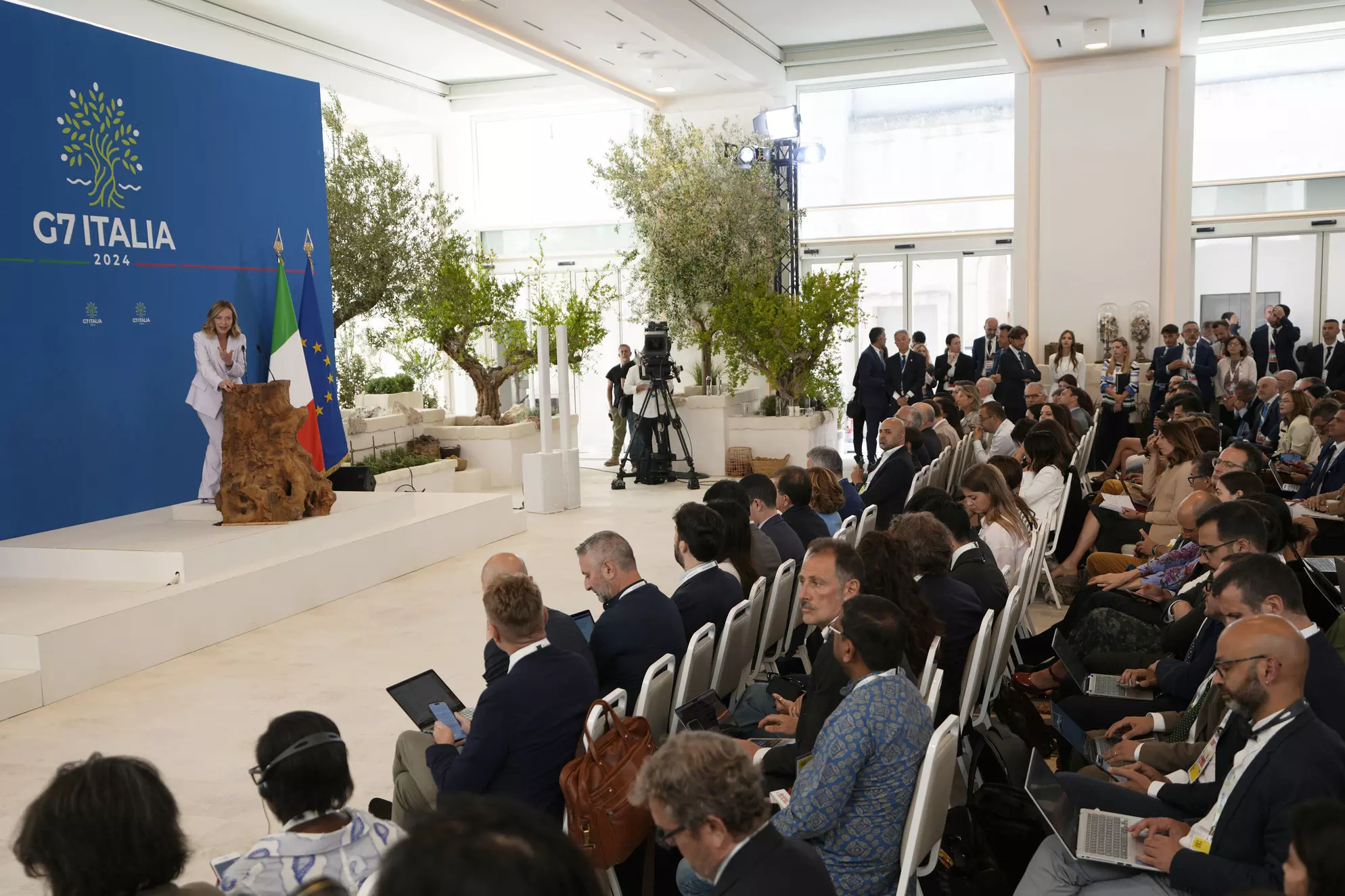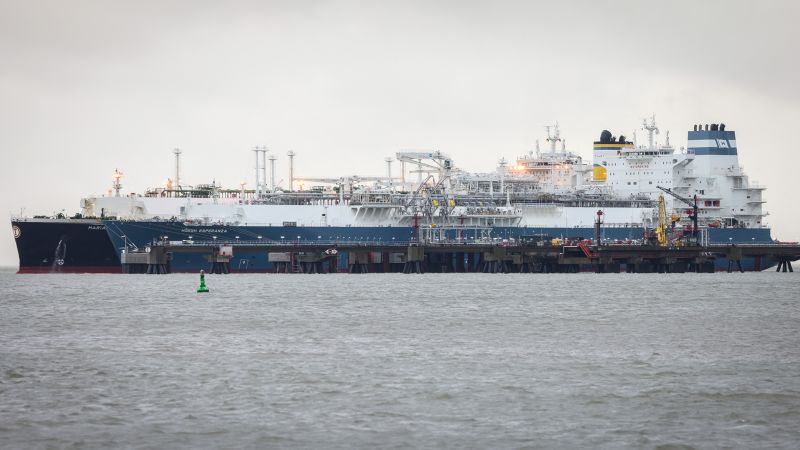Infra
G7 to back infra plan in India-Gulf-Europe route

NEW DELHI: The Group of Seven (G7) industrialised nations pledged to advance infrastructure projects, including the India-Middle East-Europe Economic Corridor (IMEC) as per G7 Summit communiqué, released at the end of the three-day summit attended by Prime Minister Narendra Modi.
The communiqué was issued on Friday evening following the traditional family photo at Borgo Egnazia, a luxury resort in Italy. The G7 also reaffirmed its dedication to a free and open Indo-Pacific region grounded in the rule of law.
The communiqué emphasised the G7’s commitment to promoting flagship infrastructure projects under the Partnership for Global Infrastructure and Investment (PGII). These initiatives aim to develop transformative economic corridors, including the Lobito Corridor, the Luzon Corridor, the Middle Corridor, and the IMEC, leveraging efforts such as the EU Global Gateway and Italy’s Mattei Plan for Africa.
The IMEC is envisioned as an extensive network of roads, railways, and shipping routes connecting Saudi Arabia, India, the United States, and Europe, fostering integration across Asia, the Middle East, and the West. This initiative is seen as a strategic counter to China’s Belt and Road Initiative (BRI), which has faced criticism over transparency issues and disregard for national sovereignty. The IMEC initiative was finalised on the sidelines of the G20 Summit hosted by India in Delhi last year.
The communiqué also detailed an Outreach session held on Friday, focusing on Artificial Intelligence (AI), Energy, Africa, and the Mediterranean, which was addressed by Prime Minister Modi. The session saw participation from leaders of Algeria, Argentina, Brazil, India, Jordan, Kenya, Mauritania, Tunisia, Turkey, and the United Arab Emirates. The G7 committed to enhancing interoperability among AI governance approaches to foster innovation and sustainable growth.
Another key priority of the summit was support for Ukraine amidst its ongoing conflict with Russia. The communiqué announced the launch of Extraordinary Revenue Acceleration (ERA) Loans, aiming to provide approximately $50 billion in additional funding to Ukraine by the year’s end. This funding will be repaid through future revenues generated from immobilised Russian sovereign assets held in the EU and other jurisdictions, pending necessary approvals.
For the first time, Pope Francis joined the G7 participants, which included US President Joe Biden, British Prime Minister Rishi Sunak, Canadian Prime Minister Justin Trudeau, German Chancellor Olaf Scholz, French President Emmanuel Macron, Japanese Prime Minister Fumio Kishida, European Commission President Ursula von der Leyen, and European Council President Charles Michel.
Continue Reading










